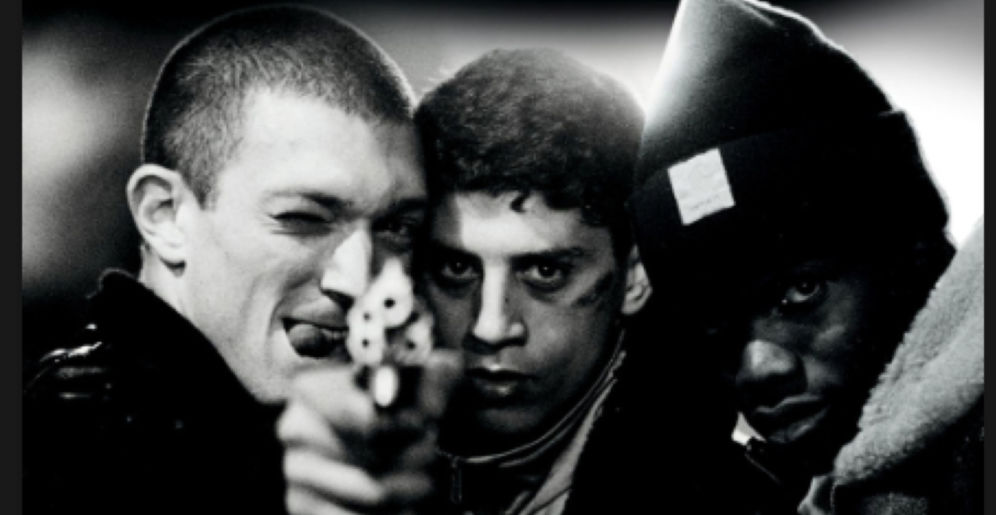
AFROPUNK en FrançaisFilm / TV
a festival of black french films tackles racism
There’s an old adage that goes something like “fish and visitors stink after three days,” the connotation being that one can smell the true nature of something only after a certain amount of time goes by. I once left Harlem to live in Paris for seven years (2004 to 2011), and my rose-colored glasses didn’t fog up until summer 2006. Italy beat France in the World Cup final that hotter-than-July night, and the defeat inspired acts of arson right outside my window. Despite all the “Bronx is burning” stuff I’d heard while growing up in that borough, I’d never seen a car on fire in my life. In a lot across the street from my French appartement, a fiery economy coupe lit up an adjacent SUV, sparking a chain reaction of explosions that resulted in the charred husks of six automobiles by the time firefighters left the scene.
Truth is, I never lived in Paris proper, though I spent some part of nearly every day there. When I first arrived, I moved to suburban Arcueil (where my girlfriend stayed), three métro stops away from the 14th arrondissement. After we married, we moved within walking distance to the French capital, right outside the périphérique — the ring-shaped highway surrounding the city — in suburban Gentilly. In France, the suburbs (known as les banlieues) are known for social disenfranchisement, not American Brady Bunch affluence. More poverty and housing developments abound, depending on how much further one goes from the Parisian center. Arcueil and Gentilly weren’t ghettos, they felt like fine places to live. But pissed off soccer fans definitely weren’t setting cars on fire in Paris.
Divided between the Cantor Film Center and the Michelson Theater of Manhattan, NYU’s The Black Experience in French Cinema series of screenings is divided into three programs: race and gender in the housing projects of les banlieues, coming to terms with the colonial experience, and new intimacies across the racial line. Airing Friday, April 12, the black-and-white cult classic La Haine (1995) follows a trio of twenty-something men through their lives in a French suburb. The main characters are a drug-dealing Beninese boxer (Hubert Koundé), an angst-ridden Jew (Vincent Cassel) and their Arab best friend (Saïd Taghmaoui), all navigating a local riot and the inciting incident of police brutality. It is followed by Qu’Allah Bénisse la France! (May Allah Bless France!), French rapper Abd al Malik’s directorial debut, filmed in homage to La Haine, which tells the autobiographical story of a young artist who escapes the Strasbourg ghetto through hip-hop and spirituality.
Following the screening of Alice Diop’s short documentary Vers la Tendresse (Towards Tenderness) and her 2011 drama La Mort de Danton (Danton’s Death), the French-Senegalese director will discuss stereotypes of Black masculinity with moderator Ed Guerrero of NYU and Trica Keaton, Dartmouth professor of critical race and African diaspora studies. La Mort de Danton examines the discrimination faced by a French black man from the projects at a Parisian theater school. Diop later received a César Award (the French Oscar) for Best Short Film for Vers la Tendresse, her exploration of black male sexuality.
Saturday screenings dealing with new intimacies across the racial divide will be followed by Q&A discussions, and the American premiere of the dramatic comedy Femme Nue, Femme Noire (Naked Woman, Black Woman).
(Disclosure: this writer teaches a Kendrick Lamar course at NYU’s Clive Davis Institute of Recorded Music.)
Get The Latest
Signup for the AFROPUNK newsletter



